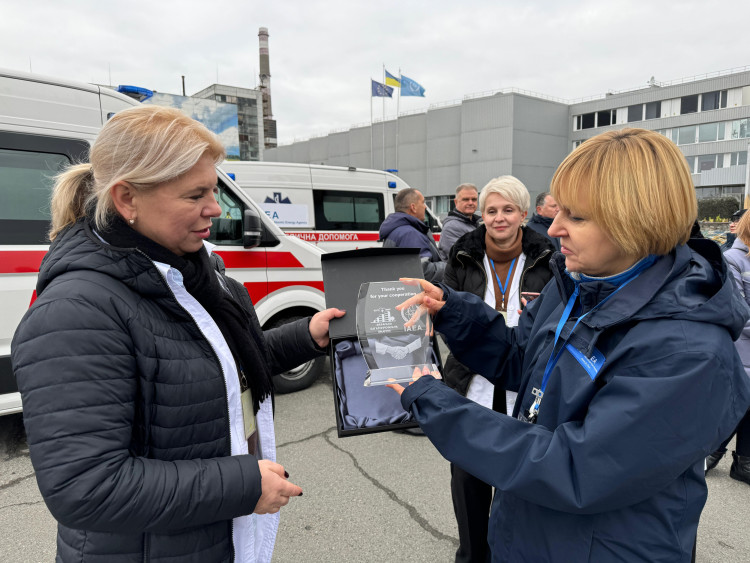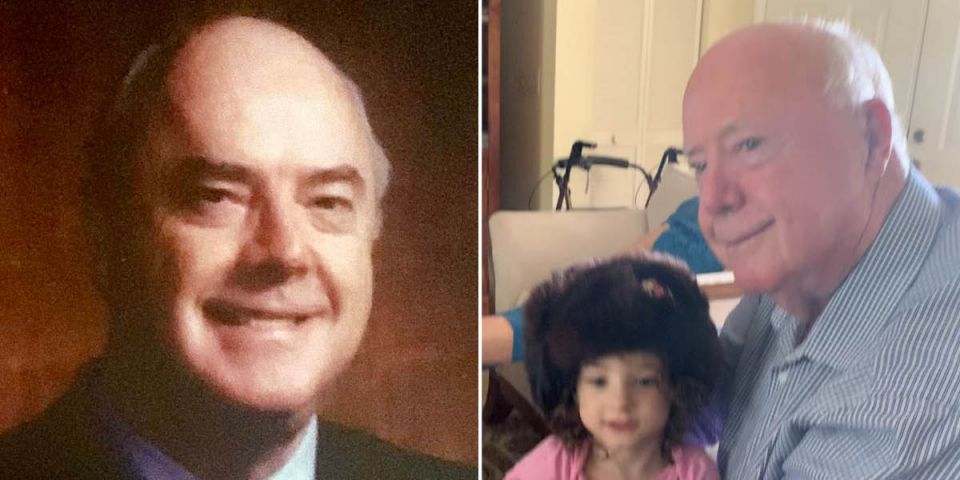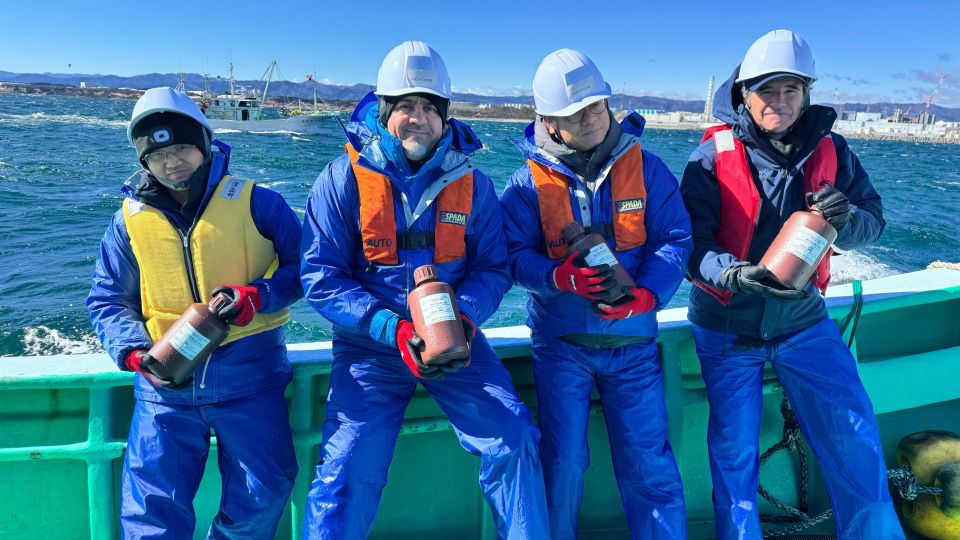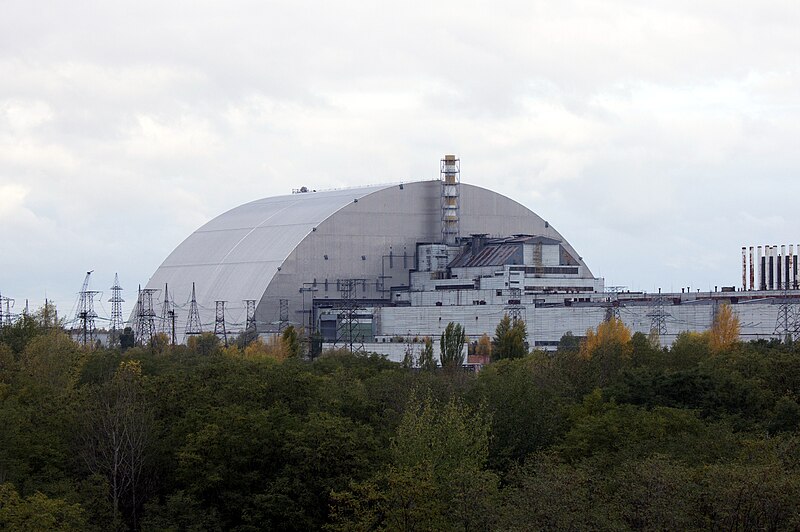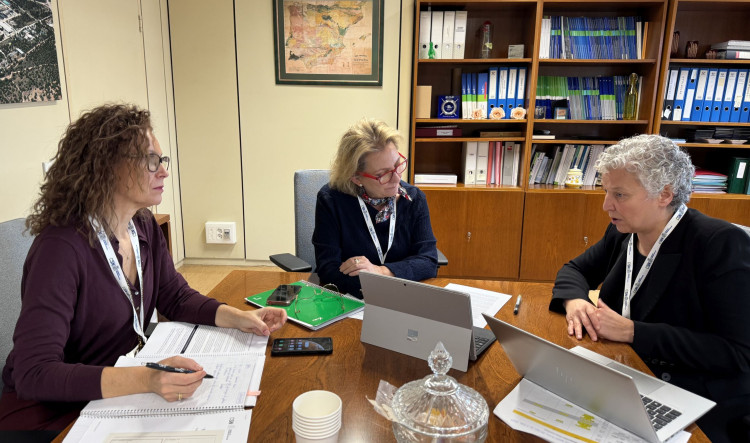Fourth unit at UAE’s Barakah plant enters commercial operation
A milestone for the largest decarbonization program in the Arab region
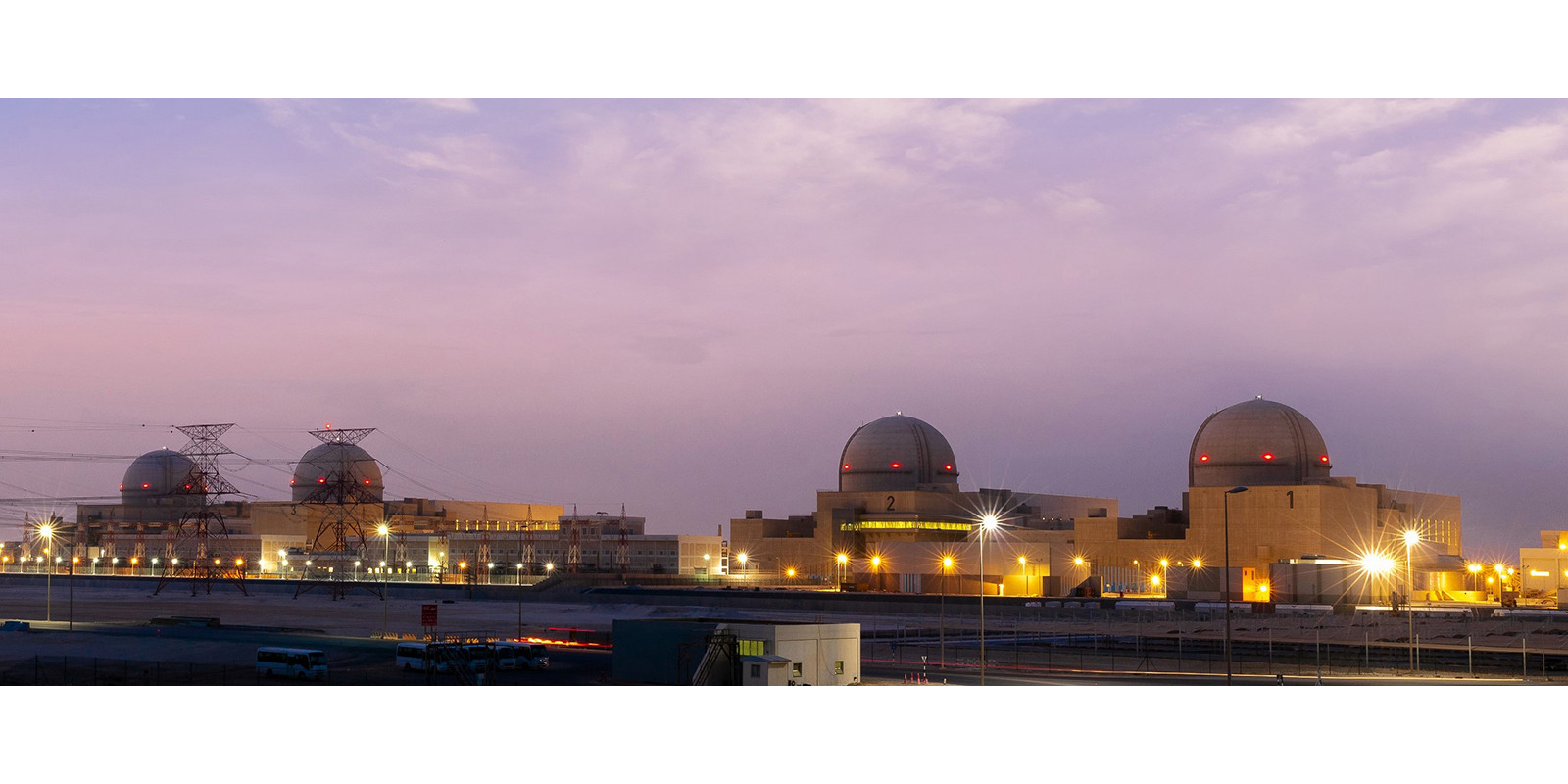
The Emirates Nuclear Energy Corporation announced today a milestone for the United Arab Emirates with the fourth unit of the Barakah nuclear power plant entering commercial operation.
With the addition of Barakah-4, the plant now generates 25 percent of the UAE’s electricity needs, with a capacity of 5,600 MWe of clean, reliable energy. All four reactors are Korean-designed APR-1400 units.
“We are enormously proud of this monumental achievement for UAE and are grateful for the continuous support of the UAE leadership as we usher in a new era of clean energy for the country,” said H.E. Mohamed Al Hammadi, managing director and chief executive of ENEC. “The UAE has added more clean electricity per capita in the past five years than any other nation, with 75 percent of this coming from Barakah.”
Why is this important? Delivery of fourth Barakah-4 puts the UAE as a frontrunner in the quest to triple global nuclear energy capacity by 2050—a goal that 25 nations agreed to at COP28 in Dubai last year.
Barakah is the first multiunit operational nuclear plant in the region, demonstrating what can be achieved when data-driven and forward-looking energy policy, investment, and leadership support are combined with a clear commitment to engage with and learn from the international community.
Construction work at Barakah has stimulated the creation of a new advanced industry in the UAE, boosting national studies in nuclear sciences and offering educational and training opportunities for talented Emirati youth, according to an ENEC press release. Delivery of Barakah’s four units yielded $6.7 billion for the local economy.
Project background: The UAE began a nuclear partnership with South Korea in 2009 when Kepco was awarded the prime contract to design, build, and help operate four pressurized water reactors at Barakah, located in the Al Dhafra region of Abu Dhabi. In 2016, ENEC and Kepco formed a long-term partnership to become joint owners of Nawah Energy Company and Barakah One Company, with ENEC owning 82 percent of the two firms and Kepco holding an 18 percent ownership stake. Nawah was formed to operate and maintain the plant, while Barakah One was created to manage the commercial interests of the project, secure project financing from institutional and commercial lenders, and receive funds for the electricity generated from Units 1–4.
Barakah Units 1–3 entered into service during three consecutive years. According to ENEC, each previous unit started up more efficiently than the one before, with Unit 3 delivered four months faster than Unit 2 and five months faster than Unit 1.
Over the winter, the plant met up to 48 percent of Abu Dhabi’s energy needs.
In their words:
- “The certainty of power output and the inherent low volatility of pricing afforded by the Barakah plant offers a strong foundation upon which to build and grow, both for the UAE power sector and for consumers, highlighting one of the key benefits of modern nuclear energy plants. Combined with one of the highest energy returns on investment rates of any energy form, Barakah will be delivering returns for the nation for generations to come.” –Nasser Al Naeeri, chief executive of Barakah One Company
- “In 2008, the UAE’s visionary leadership took a data-led, long-term approach by issuing a comprehensive policy for the development of civil nuclear energy in the UAE to transform the nation’s energy supply. As Unit 4 of Barakah enters commercial operations, that vision has been realized, with one in every four electrons on the UAE grid coming from Barakah, providing up to 25% of the UAE’s electricity needs, and positioning the nation as a leader in civil nuclear development globally.” –H.E. Khaldoon Khalifa Al Mubarek, chair of ENEC’s board of directors.
- “Barakah and our teams have undergone over 496 inspections from the UAE’s independent regulator, the Federal Authority for Nuclear Regulation (FANR), over 84 World Association for Nuclear Operators (WANO) reviews and 15 missions from the International Atomic Energy Agency (IAEA), demonstrating our commitment to the highest standards. This reflects our endless pursuit of operational excellence in accordance with both local regulations and global safety standards. Barakah is now a successful global case study in the nuclear energy industry, and I commend all who have contributed to this journey.” –Eng Ali Al Hammadi, chief executive of Nawah Energy Company.


